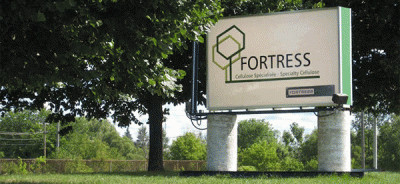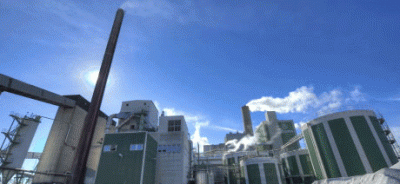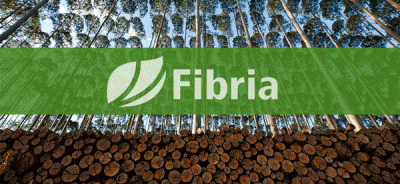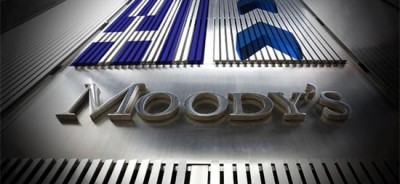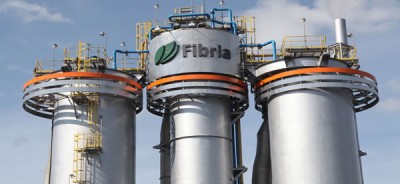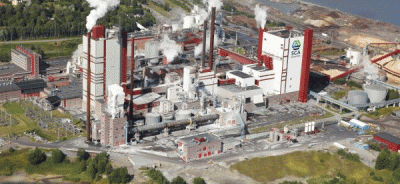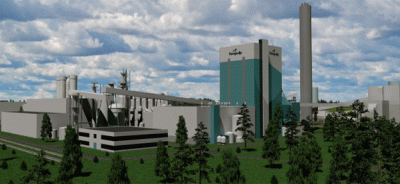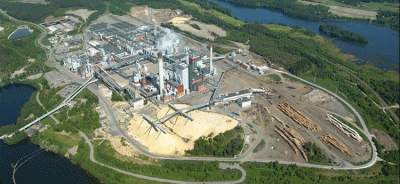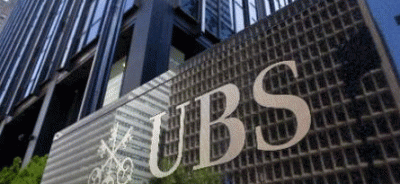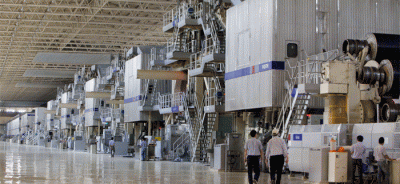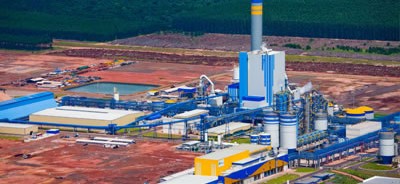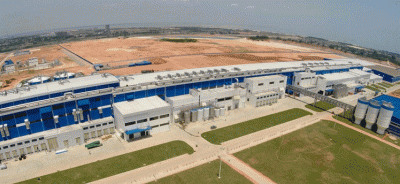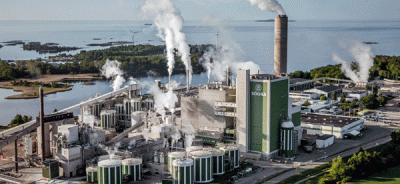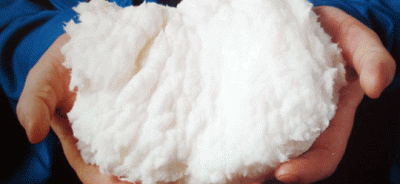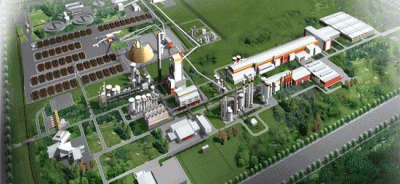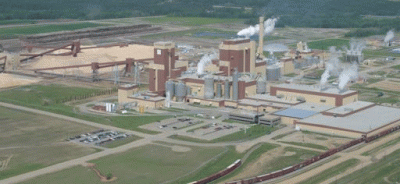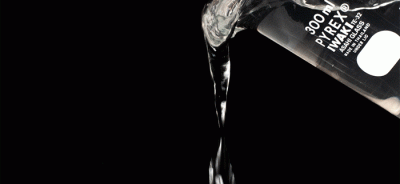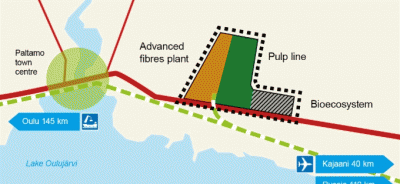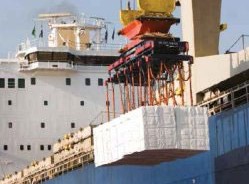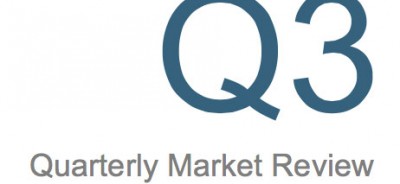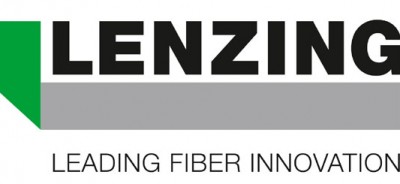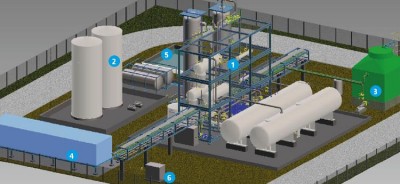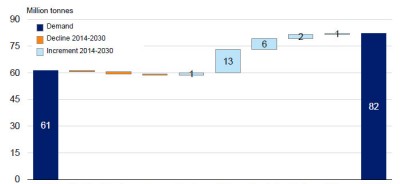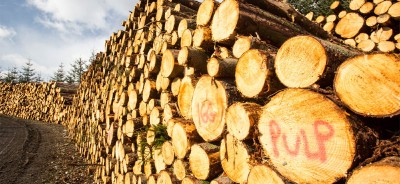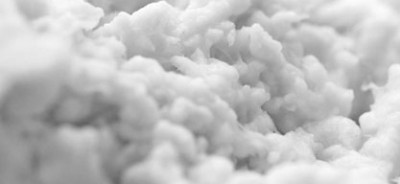Fitch Downgrades Klabin’s ratings to BB+; outlook revised to Stable
(Rio de Janeiro, 16 May 2017) Fitch Ratings has downgraded Klabin S.A.’s (Klabin) Long-Term Foreign and Local Currency Issuer Default Rating (IDR) to BB+ from BBB-, and its national scale long-term rating to ‘AA+(bra)’ from ‘AAA(bra)’. At the same time, Fitch has downgraded the rating of the USD500 million senior unsecured notes due in 2024 issued by Klabin Finance S.A. and guaranteed by Klabin to ‘BB+’ from ‘BBB-’. The Rating Outlook for the corporate ratings was revised to Stable from Negative. A full list of rating actions follows at the end of this release.
The downgrades reflect the company’s high leverage following the start-up of the Puma pulp mill and the fact that deleveraging has been slower than expected due to weaker pulp prices, a strong Brazilian real, and a weak consumer market for packaging products. Fitch’s base case leverage projection for 2017 has been revised to more than 4.0x and to around 3.9x in 2018. This compares with expected net leverage for 2017 and 2018 of 3.6x and 3.1x, respectively, during the 2016 rating review at which time the investment grade ratings were affirmed.
KEY RATING DRIVERS
• Leverage Reduction Slower than Expected: Leverage reduction has been slower than previously projected due to the strong Brazilian real, weak pulp prices and soft demand for packaging products in Brazil. Fitch expects Klabin’s net leverage to remain elevated at about 4.3x in 2017, falling to 3.9x during 2018. Key assumptions are net BEKP prices of USD550 and USD575 per ton in 2017 and 2018. Consolidated EBITDA for 2017 and 2018 is expected to be BRL2.7 billion and BRL2.8 billion, respectively. Fitch’s base case scenario incorporates a period of lower capex before entering into a new investment phase. If the company decides to go forward with a new investment cycle, its deleveraging will be delayed beyond Fitch’s base case expectation. During the LTM ended March 31, 2017, net debt/EBITDA was 5.3x.
• Leading Position in the Brazilian Packaging Segment: Klabin is the leader in the Brazilian corrugated boxes and coated board sectors with market shares of 18% and 50%, respectively. In the Brazilian market, the company is the sole producer of liquid packaging board and is the largest producer of kraftliner and multiwall and industrial bags. Klabin also has a 1.5 million-ton pulp mill that started operations in March 2016. Klabin sources much of its fiber requirements from hardwood and softwood trees grown on 230,000 hectares of plantations it has developed on 489,000 hectares of land it owns; this ensures a competitive production cost structure in the future. The accounting value of the land owned by Klabin was about BRL2 billion as of March 31, 2017, and the value of the biological assets on its forest plantations was BRL4 billion.
DERIVATION SUMMARY
Klabin has a leading position in the Brazilian packaging segment. Klabin’s size, access to inexpensive fiber and high level of integration relative to many of its competitors give it competitive advantages that are viewed to be sustainable. Compared to other Latin America pulp & paper companies, Klabin is more exposed to the demand from the local market, as about 60% of the company’s sales are in Brazil. Klabin’s leading position in the industry, the concentration of its sales to the food industry which is relatively resilient to downturns in Brazil’s economy, and its position as the sole producer of liquid packaging board also adds stability to operating results. Klabin’s exposure to the volatility of pulp prices is also lower. Klabin’s leverage is high compared to other Latin America companies, such as Fibria (‘BBB-’/Outlook Stable), Suzano (‘BB+’/Outlook Positive), Empresas CMPC (‘BBB+’/Outlook Negative), and Celulosa Arauco (‘BBB’/Outlook Negative), as the company concluded heavy investments in the new Puma pulp mill which started operations in March 2016.
KEY ASSUMPTIONS
Fitch’s key assumptions within our rating case for the issuer include:
–Flat sales volume excluding pulp in 2017;
—Pulp sales volume of 1.4 million tons in 2017 and 1.5 million tons in 2018;
—Net hardwood pulp price between USD550 and USD575 per ton;
–FX rate at 3.2 BRL/USD in 2017 and 3.3 BRL/USD in 2018;
–Dividends: 20% of EBITDA. (Source: press release)




